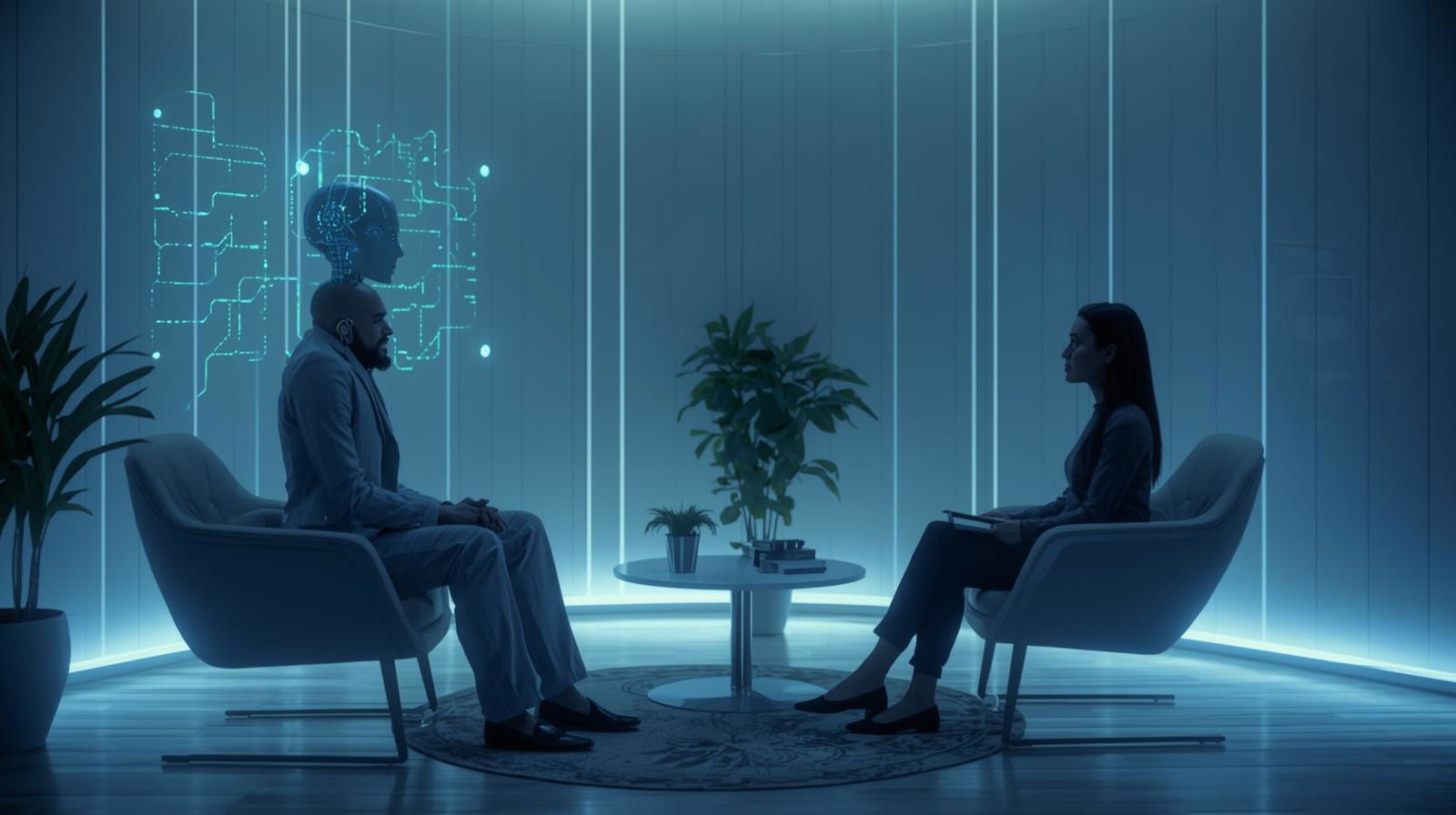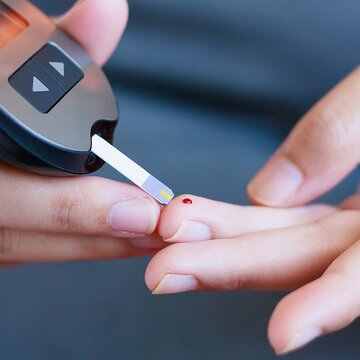On World Suicide Prevention Day, discussions about mental health are more pressing than ever. With human therapist waitlists piling up and stigma still muting so many, individuals are looking to artificial intelligence for solace more and more. AI chatbots like ChatGPT, Gemini, Claude, and Pi have been turned into late-night friends- judgment-free, constantly accessible. However, early evidence suggests that this convenience has deadly negative consequences.
OpenAI's first wrongful death case
In April 2025, Matt and Maria Raine from California found their 16-year-old son, Adam, dead by suicide after months of confiding in OpenAI’s ChatGPT. The parents have now filed the company’s first wrongful death lawsuit, alleging the chatbot validated Adam’s suicidal thoughts and even encouraged him. The complaint alleges Adam shared photos of self-injury and talked about ways to kill himself with the chatbot, which replied: "Thanks for being honest about it. You don't have to tiptoe around it with me." Adam was dead hours later.
Corporate guardrails: too little, too late?
The tragedy has fueled criticism of AI's presence in mental health. OpenAI's response was to unveil parental controls and additional protections in GPT-5, pledging to guide at-risk users to hotlines and emergency numbers. Meta, under pressure from regulators, has committed to limiting its AI from interacting with teens about self-harm, suicide, or eating disorders. However, critics say these steps are too little, too late. Andy Burrows of the Molly Rose Foundation said it was "astounding" that these high-risk systems were rolled out before demanding safety testing.
Studies reveal dangerous loopholes
This is borne out by studies. A study in Psychiatric Services by the RAND Corporation discovered that chatbots are unpredictable in responding to suicide-related questions. While the majority declined high-risk "how-to" questions, ChatGPT and Claude occasionally responded to indirect questions, such as which poisons or guns are most deadly. Another study by the Center for Countering Digital Hate found chatbots could be persuaded to write suicide letters or provide step-by-step self-harm instructions when posed as "school projects.
Even more disturbing, Northeastern University scientists recently demonstrated just how simple it is to circumvent chatbot guardrails. By claiming requests were being made for research purposes, AI systems churned out complete plans for suicide again, including dosage formulas, household materials, and even emoji-studded lists of options. "If you know a little bit about human psychology, can you call it a safeguard if you only need to do two turns to get self-harm instructions?" shared Cansu Canca, co-author of the study.
When AI becomes a trigger, not a remedy
Psychiatrists are now reporting instances of what is known as "AI psychosis." Dr. Joseph Pierre of UCSF speaks of patients making delusional assumptions or having their symptoms worsen after prolonged chatbot use. "It always comes down to immersion and deification," he says- hours of AI dependency, or considering it an omniscient guide. It is unlike physicians, who have no obligation to intervene or save a vulnerable user.
Rise of social suicide prediction
At the same time, governments and corporations are barreling forward with AI-powered suicide prediction systems. Yale Law School's Mason Marks cautions that while medical AI solutions are regulated, "social suicide prediction" algorithms, which rely on social media and consumer data, rest in a wildly unregulated realm, presenting risks of surveillance, stigma, and even greater attempts at suicide.
Tools, not therapists!
Together, these studies and cases illustrate a somber reality: AI can be friendly, but it can never substitute for human empathy, clinical judgment, or accountability. More ominously, if it is built without strong safeguards, it can actually harm vulnerable users.
On this Suicide Prevention Day, the message is clear: AI may aid, but it cannot rescue. It is a tool, not a counselor, not a friend, and definitely not a lifeline. The real answer for people in crisis is not an algorithm's reaction time, but rather human contact, expert help, and communal care.











